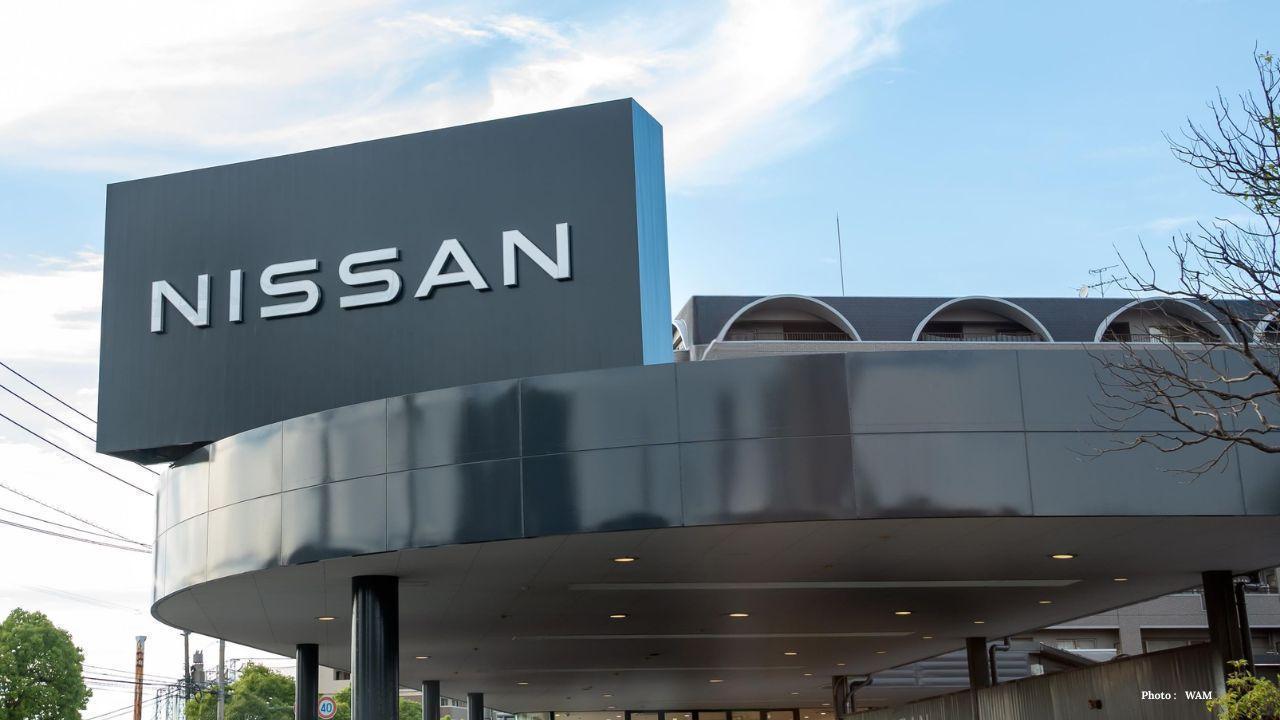
Post by :
Japanese automaker Nissan is taking a big step toward the future by developing new self-driving technology. This move comes as the company works to improve its sales and compete in a market that is rapidly changing. The latest technology is expected to be ready by 2027, and it could transform the way people move in crowded city areas.
Recently, Nissan demonstrated this technology in Tokyo using its Ariya sedan. The car was equipped with 11 cameras, five radar sensors, and a modern device called LiDAR, which helps the car “see” its surroundings in great detail. During the test, the car successfully navigated busy streets, stopped for red lights, and avoided pedestrians and other vehicles at intersections. This demonstration showed that Nissan’s self-driving technology can handle complex city driving, which is much more difficult than driving on highways.
Earlier, Nissan’s autonomous technology was mainly designed for highways. Highways are easier for self-driving cars because the lanes are clearly marked, the traffic flow is predictable, and there are fewer surprises. But city streets are very different. They are crowded, often unpredictable, and full of unexpected obstacles. Nissan’s new technology aims to solve these challenges so that cars can safely drive in urban areas without a human driver.
The self-driving car industry is growing fast. Experts estimate that it could reach $2 trillion worldwide by 2030. This growth is being driven by advances in artificial intelligence, sensor technology, and the ability to process large amounts of data quickly. Self-driving cars are no longer a distant dream—they are becoming a real part of the transportation industry.
Nissan is not the only company working on self-driving technology. Toyota, Japan’s biggest automaker, has partnered with a self-driving project developed by Google. This partnership is exploring ways to bring autonomous cars to Japan, and the technology is still being tested. Other carmakers like Honda, General Motors, and Mercedes-Benz are also investing heavily in this field. Even companies outside the automotive industry, such as Amazon and its self-driving car subsidiary Zoox, are working to develop autonomous vehicles.
The new Nissan technology represents a shift in how cars interact with their environment. Using a combination of cameras, radar, and LiDAR, the car can detect moving objects, read traffic signs, and anticipate potential hazards. It can make split-second decisions, such as stopping for pedestrians, yielding to other vehicles, or taking alternative routes when traffic is congested. This makes it safer for both drivers and pedestrians, especially in busy city streets.
By developing self-driving cars that can operate in urban conditions, Nissan hopes to gain a competitive edge. These cars could reduce traffic accidents caused by human errors, improve fuel efficiency by driving more smoothly, and offer convenience to people who cannot drive, such as the elderly or disabled.
The future of self-driving cars is exciting but also challenging. Cities are complicated environments, and designing a car that can safely handle all the possible scenarios is a major engineering task. Nissan is investing heavily in research and testing to make sure its cars can meet these challenges. By 2027, the company hopes that its autonomous vehicles will not just operate on highways but also navigate busy city streets safely and efficiently.
Experts say that self-driving cars could change the way people live. Imagine a city where cars drive themselves while passengers work, read, or relax. Traffic flow could become smoother, and there might be fewer traffic jams. For delivery services, autonomous vehicles could operate 24/7, reducing costs and speeding up deliveries.
In Japan, where city streets are often narrow and crowded, this technology could be especially valuable. Cars that can safely navigate tight spaces, avoid accidents, and respond to pedestrians would make city life easier and safer for everyone.
Nissan’s progress in self-driving cars is part of a global race. Automakers and tech companies around the world are competing to develop the most advanced autonomous vehicles. In the coming years, we may see cities filled with self-driving taxis, delivery vehicles, and private cars, all working together with minimal human intervention.
Nissan is making significant progress in self-driving technology designed for city driving. With advanced sensors, AI systems, and a focus on safety, the company is preparing to launch cars that could change urban transportation by 2027. This move is part of a larger trend in the automotive industry, where technology is transforming the way people travel, making transportation safer, more efficient, and more convenient for everyone.
Nissan, self-driving cars, autonomous vehicles, AI technology










Tabreed and Johnson Controls Partner to Launch Advanced Cooling Tech
Tabreed joins Johnson Controls to improve energy efficiency and eco-friendly district cooling in the

Nissan Develops Advanced Self-Driving Cars for City Streets by 2027
Nissan is testing smart self-driving cars that can handle city traffic, pedestrians, and red lights

PM Modi Supports Local Entrepreneurs in Arunachal
PM Modi interacts with Arunachal entrepreneurs, reviews local products, and highlights GST reforms a

India-U.S. Talks Jaishankar to Meet Rubio During UNGA 2025
India’s External Affairs Minister Jaishankar will meet U.S. Secretary Rubio in New York to discuss t

Abu Dhabi Parks Transform Into Outdoor Learning Hubs
Abu Dhabi parks now serve as open-air classrooms, teaching students about nature, sustainability, an

UAE signs audit deals with Seychelles and Uganda to boost oversight
UAE strengthens global audit ties with Seychelles and Uganda to share expertise, enhance transparenc